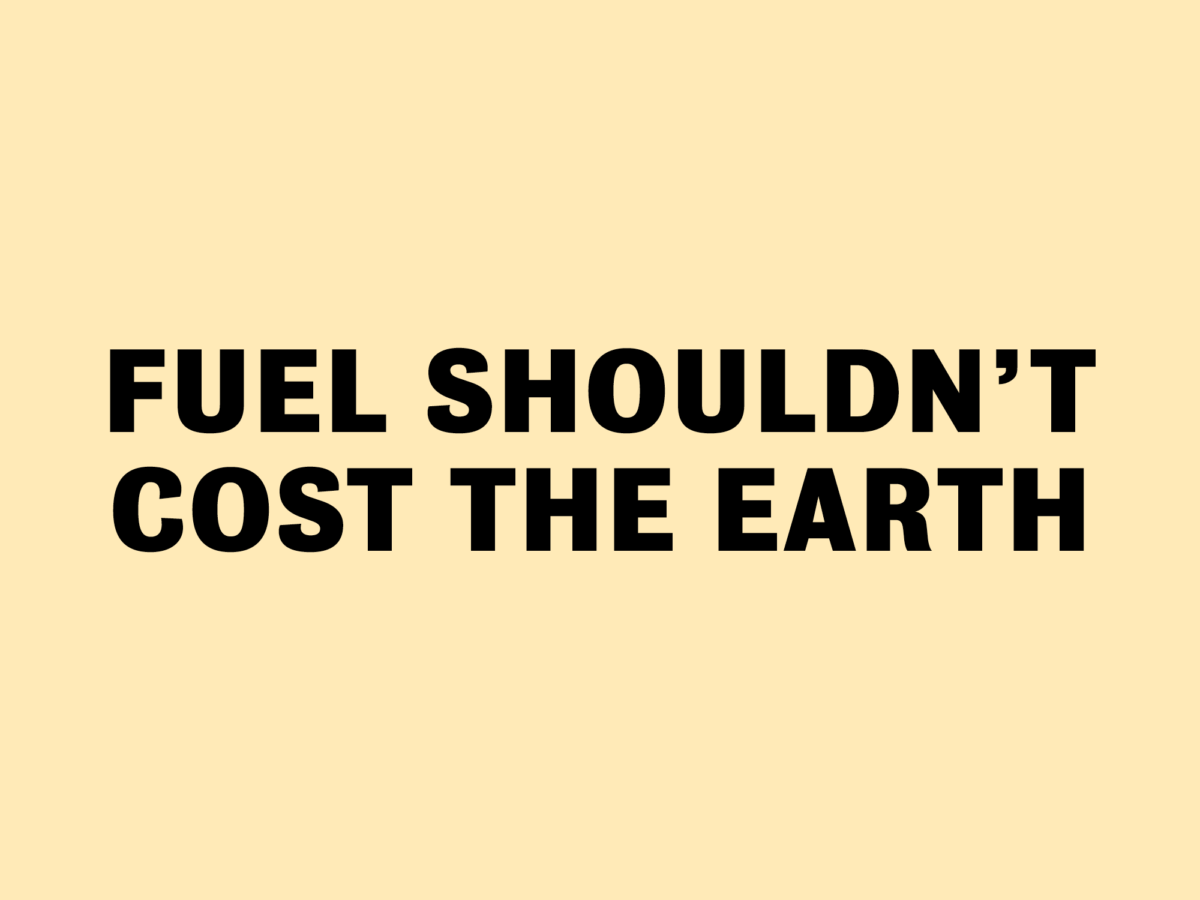On Earth Day, we want to talk about fuel poverty.
Fuel poverty affects 3.18 million households in England and is a hard-to-see social problem that wrecks lives.
Why are we talking about it now? Because one of the biggest lessons we’ve learned over the years is that you can’t be green without being socially conscious. And you can’t be socially conscious without being green.
The truth about the mess we’re in is that it’s all interconnected, all deeply tangled together. And the longer we treat environmental issues as discreet from social issues, the longer we delay fixing them.
Look into any one issue, and you quickly find just how tangled it is with other issues. One big driver of fuel poverty is fuel-inefficient houses – old, drafty buildings require more energy to keep them going. And poorer people tend to live in these houses. So poor people pay more money, and more carbon gets released into the atmosphere.
To solve this issue, we need to make those houses more fuel-efficient (triple-glazing and insulation to start with, and better housing stock further down the line). And we need to make renewable energy accessible to all.
You can see why we use the word ‘holistic’ a lot. These problems can only be understood together.
That’s why we talk about ‘renewing the way business is done’. Because it’s not a viable option to simply donate more profit to charitable causes. No, the whole structure of business needs to change – by putting people and justice at the centre of what we do.
This means being oriented towards results, not intentions.
This means being led by the affected and the marginalised.
This means working together and collaborating for the collective good.
Energy is actually a great metaphor for this. The old way – extractive, centrally-owned, simplistic, offshore – isn’t working. So we’re going the new way – regenerative, local, intersectional, accountable.
Because not only can we address climate change and social issues at the same time. We must do so.
